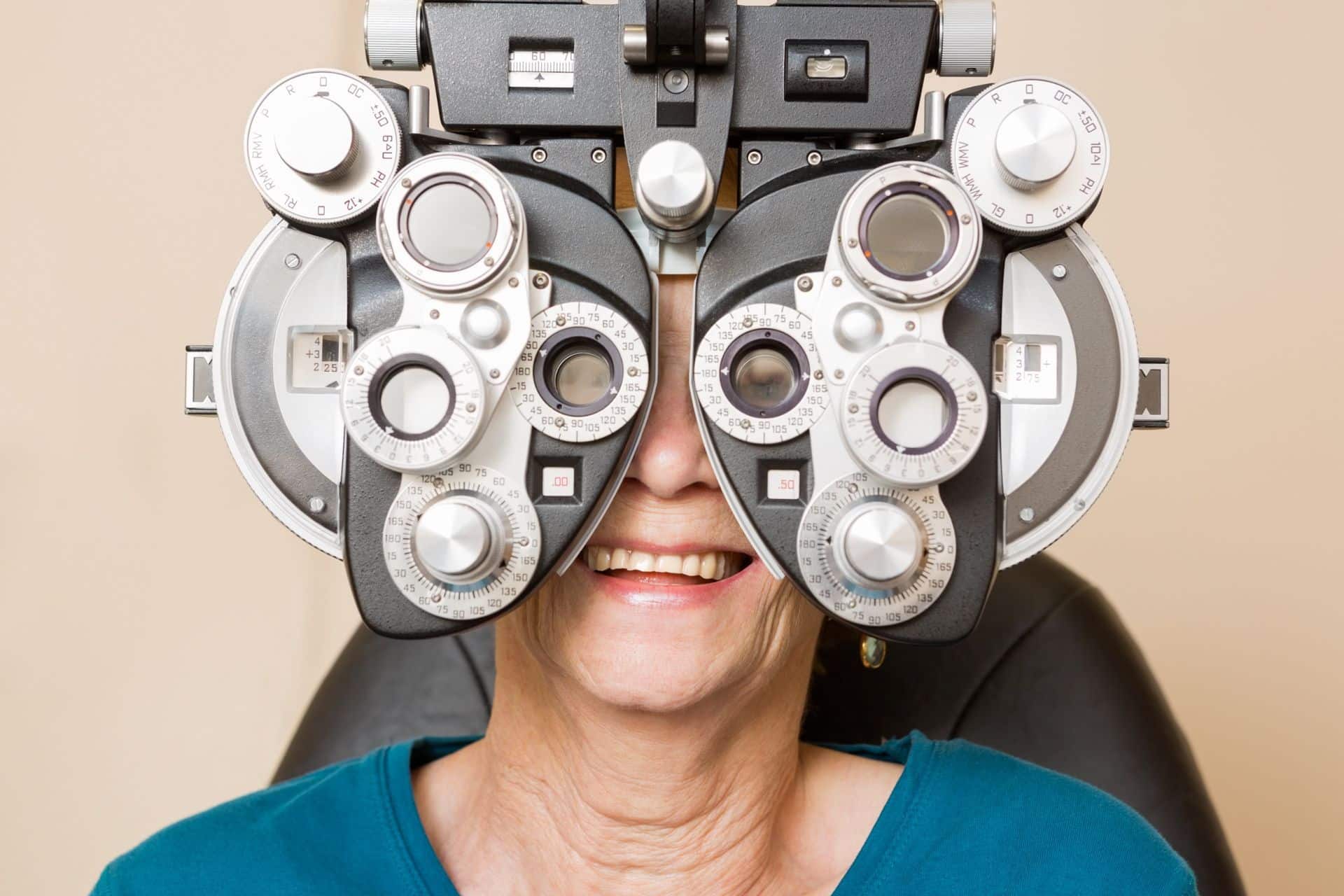Obtain Exceptional Care from a Knowledgeable Ophthalmologist in Nabua Today
Obtain Exceptional Care from a Knowledgeable Ophthalmologist in Nabua Today
Blog Article
The Relevance of Normal Check-Ups With an Eye Doctor
Routine examinations with an ophthalmologist play a critical function in guarding one's vision and total eye health. The partnership built with an eye doctor enables for tailored recommendations on eye care methods that can improve long-term outcomes.
Recognizing Eye Health And Wellness
Understanding eye health and wellness is important for keeping general well-being and protecting against possible vision issues. ophthalmologist in nabua. The eyes function as our main means of experiencing the world, making it important to prioritize their health and wellness. Routine eye examinations play a crucial function in keeping an eye on vision and identifying very early signs of eye diseases
Factors affecting eye health consist of genes, lifestyle, and ecological problems. Age-related adjustments can considerably affect vision, demanding enhanced vigilance as one expands older. Proper nourishment, consisting of vitamins A, C, and E, together with minerals like zinc, can add to keeping ideal eye function. In addition, protecting the eyes from unsafe UV rays and extreme display time is vital in today's digital age.
By recognizing these elements, individuals can take aggressive actions to guard their eye health. Prioritizing eye health is not just concerning vision; it is important to improving one's high quality of life.
Common Eye Problems
Acknowledging usual eye conditions is important for early discovery and effective administration. Amongst one of the most widespread issues impacting vision are refractive errors, including myopia (nearsightedness), hyperopia (farsightedness), and astigmatism. These problems arise from irregularities in the form of the eye, leading to obscured vision that can usually be corrected with glasses or get in touch with lenses.
Cataracts, identified by clouding of the eye's lens, frequently develop with age and can considerably harm vision if left untreated. An additional constant condition is age-related macular deterioration (AMD), which impacts the main portion of the retina, bring about vision distortion and trouble in identifying faces.
Glaucoma, often referred to as the "silent thief of sight," is marked by enhanced intraocular pressure that can harm the optic nerve, causing permanent vision loss otherwise detected early. Diabetic retinopathy is another major condition, originating from diabetes-related damage to blood vessels in the retina, potentially causing blindness.
Timely recognition and intervention for these problems can alleviate complications and protect vision, highlighting the importance of regular evaluations with an ophthalmologist.

Benefits of Regular Exams
Regular eye doctor check-ups play a vital duty in preserving eye wellness and stopping vision loss. These analyses permit for the very early discovery of numerous eye problems, such as glaucoma, cataracts, and macular deterioration, which can cause irreparable vision disability otherwise identified immediately.
Furthermore, routine assessments help with the analysis of overall eye feature, allowing ophthalmologists to monitor any modifications in vision and readjust rehabilitative lenses or therapies appropriately. Routine exams also add to the monitoring of systemic health and wellness conditions, such as diabetes mellitus and high blood pressure, which can substantially affect eye health.
In enhancement, these sees provide an opportunity for patients to receive customized advice on eye treatment and protective steps, such as UV security and proper nutrition for eye health and wellness. In addition, developing a continual partnership with an eye doctor makes sure that individuals are kept educated regarding innovations in eye care and therapy options.
What to Anticipate During an Examination
During an eye doctor exam, patients can expect a detailed assessment of their eye wellness. The consultation generally begins with an extensive case history testimonial, where the eye doctor will certainly ask about any type of vision problems, medical problems, and family history of eye conditions. This information is essential for customizing the evaluation to the client's requirements.
Following this, the eye doctor will perform a series of examinations to examine visual skill, which entails reading letters from an eye chart at various distances. The exam might likewise see post consist of refraction examinations to identify the proper prescription for glasses or call lenses. Additionally, the doctor will certainly evaluate the health of the eyes using a slit lamp, which offers a multiplied view of the eye's structures, consisting of the cornea, lens, and retina.
Student extension is one more usual treatment during the test, enabling a comprehensive evaluation of the retina and optic nerve. People may experience momentary blurred vision adhering to expansion, and sunglasses are frequently recommended for convenience. ophthalmologist in nabua. Generally, the test is designed to determine any kind of potential problems early and ensure optimal eye health for the future
How Frequently Should You See?
Maintaining ideal eye health and wellness requires a dedication to regular ophthalmologist check outs, which should be customized to private demands and danger variables. The frequency of these visits can vary dramatically based upon age, wellness condition, and specific eye conditions.

In addition, individuals with existing eye conditions, such as glaucoma or diabetes mellitus, need to stick to a more frequent routine as encouraged by their ophthalmologist. Clients with a household history of eye conditions may likewise need more regular exams. Inevitably, establishing a customized routine with an eye doctor is essential for aggressive administration of eye wellness and very early discovery of potential problems.
Conclusion
Regular examinations with an eye doctor play an important function in preserving eye health and wellness and preventing vision loss. Early detection of conditions such as glaucoma, cataracts, and age-related macular deterioration is essential for reliable treatment and preservation that site of quality of life. Additionally, these examinations promote timely changes to prescriptions and supply tailored eye care referrals. Developing a regular relationship with an eye doctor guarantees extensive eye health monitoring and underscores the relevance of proactive steps in next securing vision.
Report this page